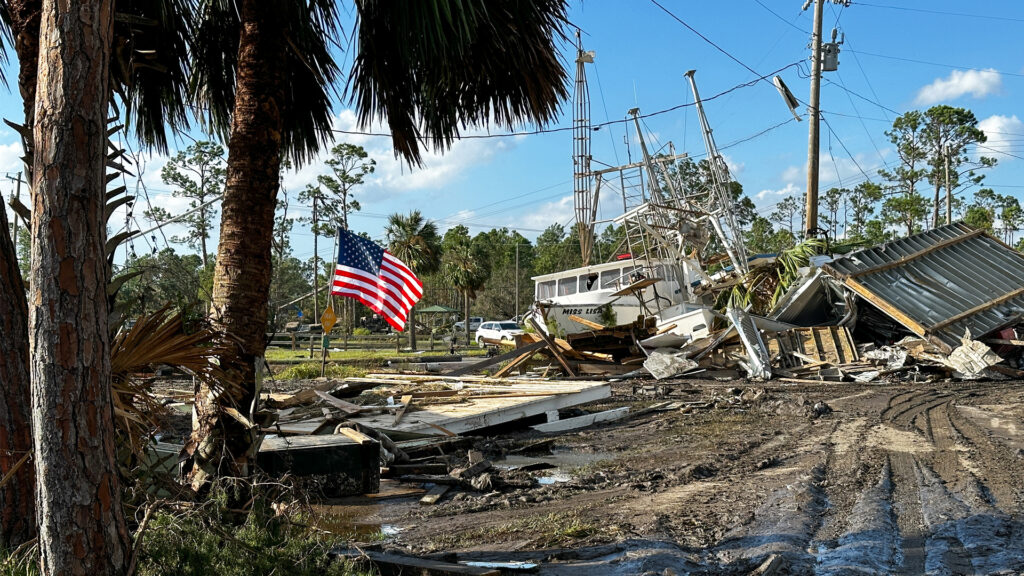By Trimmel Gomes, Florida News Connection
The Federal Emergency Management Agency has abruptly ended a key disaster-preparedness program, sparking concerns as another active hurricane season looms for Florida.
The Building Resilient Infrastructure and Communities program (BRIC) had distributed $5 billion nationwide in the last five years for projects ranging from floodplain restoration to storm-resistant infrastructure.
Ryan Ray, Leon County Democratic Party chair, called the decision “reckless” in a state still recovering from recent hurricanes.

“Hurricanes Milton and Helene did billions of dollars of catastrophic damage to Florida,” he said, “and the federal BRIC program, administered through FEMA, is exactly the kind of forward-thinking, infrastructural-oriented funding that we need to get communities back on track after storms.”
In announcing its end, FEMA called the program “wasteful and politicized,” although it was created during the first Trump administration. BRIC’s cancellation comes as climate scientists predict increased storm activity this hurricane season.
The BRIC grants have been especially important to coastal states, funding nature-based solutions to flooding, such as wetland restoration and living shorelines.
Em Donahoe. policy specialist for resilient coasts and floodplains for the National Wildlife Federation, said she worries about the economic consequences of cutting such programs.
“We know that every dollar invested in natural-disaster resilience and preparedness saves approximately $13 in long-term economic savings and damages and costs avoided post-disaster,” she said.
Donahoe stressed the importance of addressing disaster preparedness, an issue that should transcend politics. But FEMA has cancelled plans to distribute $750 million in BRIC grants this year, focused on region-specific threats including Florida hurricanes and California wildfires. Advocates for the program are now pressing Congress to reverse the decision.
Florida News Connection is a bureau of the Public News Service. The National Wildlife Federation contributes to its fund for reporting on climate change/air quality, endangered species and wildlife, energy policy and water. Banner photo: FEMA Disaster Survivors Assistance team members canvas Martin County to register and assist disaster survivors after Hurricane Milton and the tornadoes that it caused (Patrick Moore/FEMA via Defense Visual Information Distribution Service).
Sign up for The Invading Sea newsletter by visiting here. To support The Invading Sea, click here to make a donation. If you are interested in submitting an opinion piece to The Invading Sea, email Editor Nathan Crabbe at nc*****@*au.edu.



